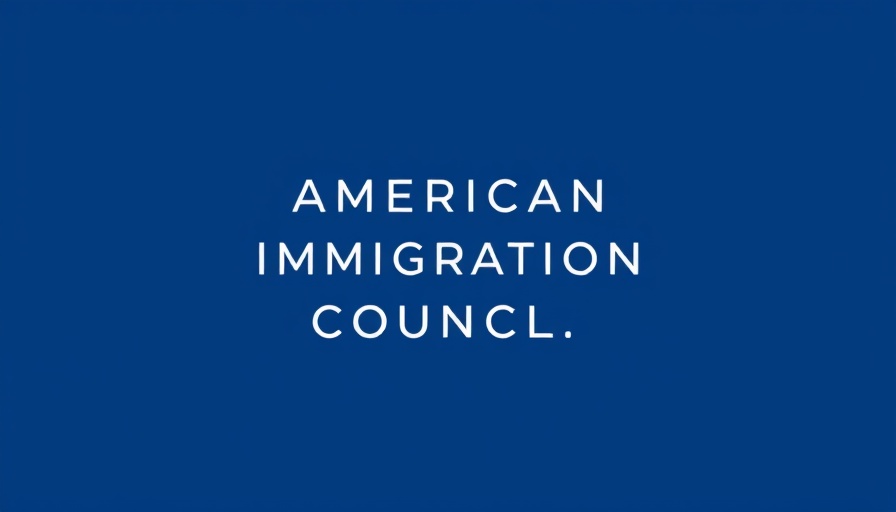
Understanding 'Reasonable Suspicion' in Immigration Raids
The recent decision by the Supreme Court to lift a district-court injunction regarding immigration stops based on demographic characteristics has sparked a significant debate. Federal agents now have the legal backing to execute immigration enforcement actions based on factors such as location, occupation, language, and ethnicity. This ruling is grounded in the understanding that such criteria can, under certain conditions, establish a reasonable suspicion of illegal immigration activities.
The Statistical Backing
In explaining the rationale behind this enforcement, Justice Kavanaugh pointed out that relying on these demographic factors is reasonable based on the circumstances law enforcement officers encounter daily. Proponents of this viewpoint argue that when statistics indicate a strong correlation between these factors and instances of illegal immigration, officers are justified in performing their duties. This pragmatic approach to law enforcement could lead to more effective immigration controls, which is essential for national security and local safety.
Potential Implications for Business and Immigration
For business lenders, banks, and credit card providers, understanding the implications of this legal decision is critical. The intersection of immigration enforcement and business practices may influence operations, especially for firms employing international workers or operating in areas with high immigrant populations. Financial institutions must navigate the new landscape carefully, ensuring compliance with legal standards while also considering how these changes could impact their clientele.
Counterarguments and Wider Perspectives
Opponents of using such demographic factors in immigration stops highlight risks of racial profiling and the potential erosion of civil liberties. They argue that a broad application of these tactics could lead to unfair targeting of certain communities. The dialogue surrounding this development calls for a balance between effective law enforcement and the preservation of human rights, aligning economic interests with ethical considerations.
Conclusion: A Call for Unbiased Discussion
The changes in immigration policy and enforcement practices require thoughtful discussion among stakeholders. Whether you are in business, law, or advocacy, understanding the implications of these laws will be crucial in navigating the complexities of a changing immigration environment. Businesses should remain informed and proactive in fostering an inclusive atmosphere while adhering to legal guidelines.
 Add Row
Add Row  Add
Add 




Write A Comment